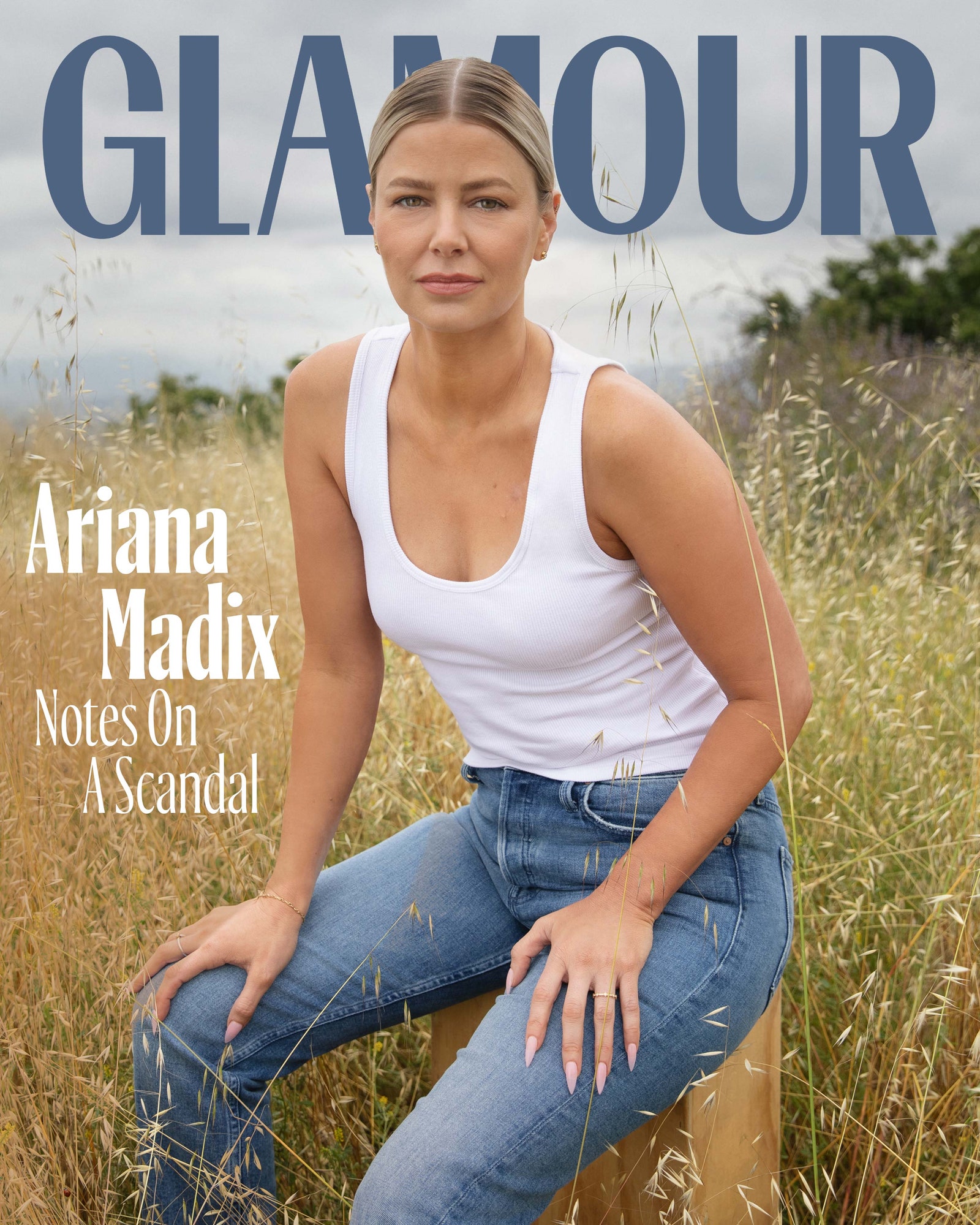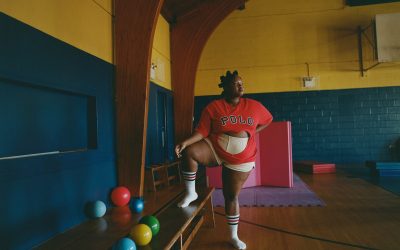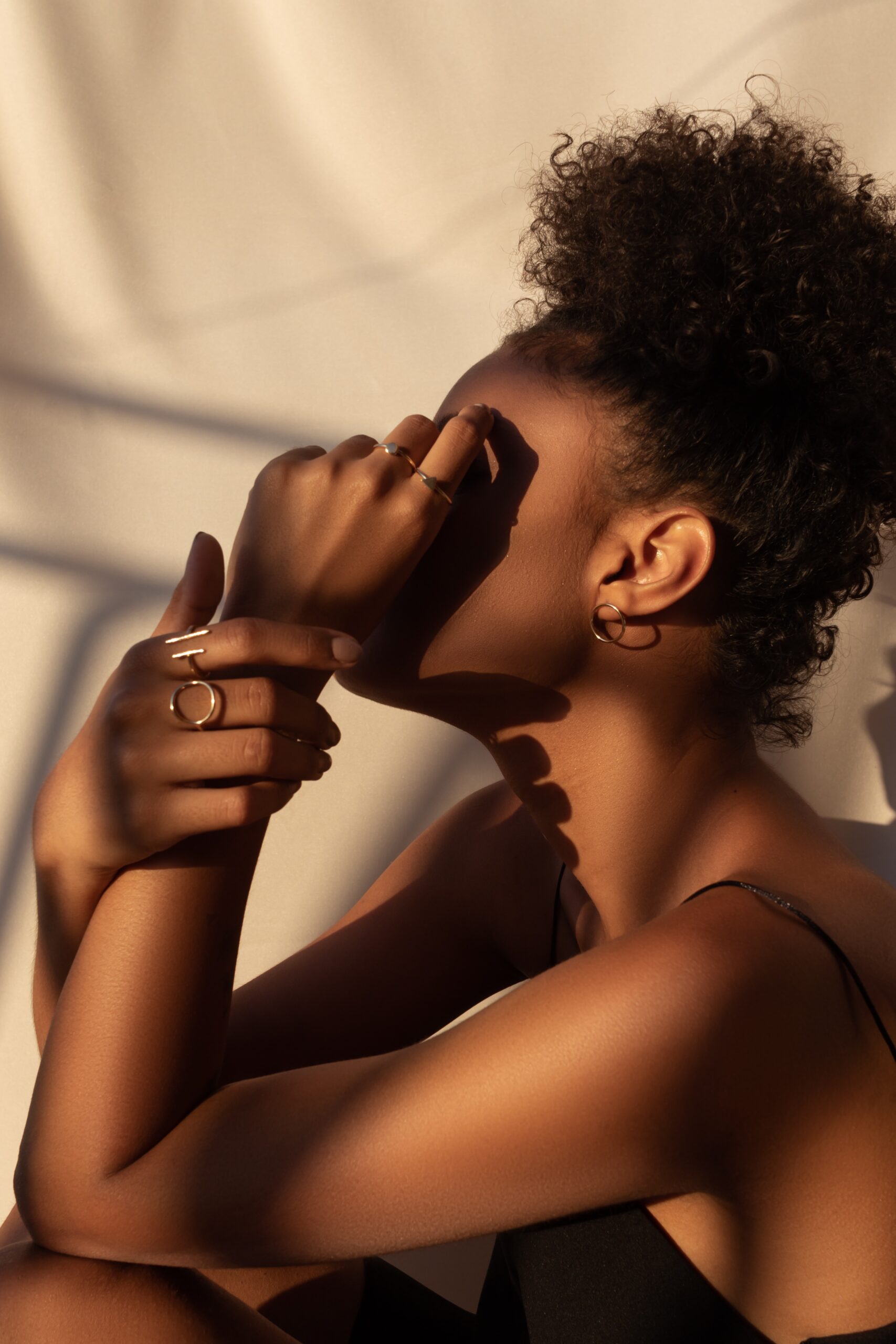
Last week, WW released an app aimed at children called Kurbo, for children 8 to 17 years old to help them “eat healthier and lose weight.”
It was met by a plethora of reactions.
Some said it’s a good idea to combat childhood obesity.
Others, a lot of those who are part of the registered dietitian community, said this app is terrible and unhealthy, promoting disordered eating.
Christy Harrison, a registered dietitian, wrote an opinion piece for the NY Times titled, “I Help People Recovering from Disordered Eating. Don’t Give Your Kids this App.”
In it she says:
Our society is unfair and cruel to people who are in larger bodies, so I can empathize with parents who might believe their child needs to lose weight, and with any child who wants to. Unfortunately, attempts to shrink a child’s body are likely to be both ineffective and harmful to physical and mental health.
I talked about this in my podcast about body positivity. At the time, I signed up for WW because I really wanted to lose weight. I still do. I told myself this time was different, though. It’s different because I’m eating whatever I want and not counting calories.
But um… I’m counting points.
It’s different because I’m not stressing over that glass of wine I have occasionally
But I’m trying to stay under my points the next couple of days to balance it out and don’t gain weight.
This isn’t WW’s fault. I understand their approach is about balance and a healthy list of choices that are zero points (that does not equate to zero calories). The list comprises fresh vegetables and fruits, lean poultry like turkey and chicken, eggs, and black beans.
This is actually great, except you become obsessed with a number. Over the last few months, I’ve been obsessed with zero-point foods instead of the calories in the food.
I’ve managed to eat half a teaspoon of peanut butter so I can “enjoy” it but not “overindulge” in it.
That my disordered eating shifted from counting calories to counting points and becoming obsessed.
My disordered eating is very alive and well just in a different costume.
That, this monster has been following me since I was 8.
:: Record scratch::
“8? You’ve been dieting since you were 8?”
Yeah-huh: Paleo, Keto, HCG/Very Low Cal, not eating, Slim-Fast, the first Weight Watchers with the food, cabbage soup diet, vegan for dieting purposes, two-a-days with minimal calorie intake, laxatives…I’ve tried it all, honey.
I always thought I failed and tied my size to why I wasn’t married or a trillionaire. I thought that losing weight would get me the confidence I needed to live life like everyone else, whatever that’s supposed to mean.
“But…how did you think these things at 8?”
Because I didn’t see bigger people like me on TV succeeding. I saw them being bullied or shunned. They were the punchline of all the jokes. The books I read had the fat girl losing weight, becoming popular, and getting the guy.
Skinny girls were winning, fatter girls were to be shamed.
And granted, I know men and non-binary genders feel this way too.
No matter what I did, my body would not lose fat. I was an active child in dance, but eating a balanced meal didn’t get me to lose the weight, starvation did.
It wasn’t until I was 21 that I found out I had PCOS, Polycystic Ovarian Syndrome. PCOS is a complicated booger that has multiple faces to it. Some have actual cysts on their ovaries, excess androgen (both sexes are born with estrogen and androgen, by the way), and/or irregular periods.
One of the things that happen is the difficulty to lose weight, though one of the common diagnoses is to lose weight and/or get on birth control.
::Sigh::
It’s not until recently that I even knew dietitians like Christy Harrison and Cara Harbstreet that I knew about intuitive eating and the different ways dieting has hurt us as a society. That weight stigma is what makes me hide from the world and not present myself on camera or in front of my peers.
How weight stigma caused me to hide my love for fashion and really blossom with it.
How weight stigma has me pulling my clothes to make sure no one sees my stomach or other parts of my body that are “fat.”
How weight stigma makes me feel I have to tell everyone I’m on a diet so no one comments that I’m fat. I know, thanks.
However, it’s not why I love black though–I just love black everything.
And all of this started at 8 years old–because society fed these unrealistic ideas that health, beauty, and success as a woman meant to be skinny.
“If we truly want to help children be the healthiest and happiest people they can be, we need to stop putting them on diets of any kind, which are likely to worsen their overall well-being. Instead, we need to start teaching them to trust their own inner wisdom about food. And we need to help them make peace with their bodies, at any size.”
– Christy Harrison



